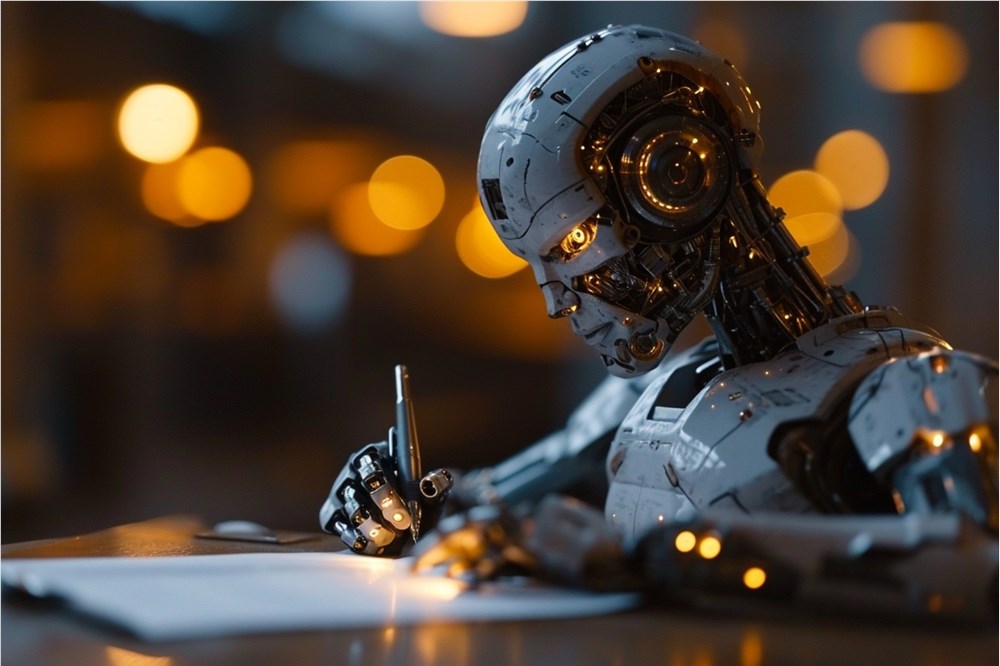Beijing Unveils AI-Driven Plan to Modernize Manufacturing
The Beijing Municipal Bureau of Economy and Information Technology has introduced a comprehensive Artificial Intelligence Empowering New Industrialization Action Plan (2025), marking a significant step toward modernizing the city's manufacturing sector through cutting-edge technology.
 Source: AI-generated image via Midjourney
Source: AI-generated image via Midjourney
At the heart of this initiative lies a push to build high-quality industry datasets. The plan incentivizes manufacturers and research institutions to collect and process operational data, with financial rewards for creating practical datasets. Simultaneously, Beijing aims to enhance public data governance by establishing specialized service platforms across industrial clusters.
The strategy takes a multi-pronged approach:
- Data security innovations: Companies adopting AI data sandboxes for model training will receive free initial services, addressing privacy concerns while promoting technological adoption.
- Industry-specific AI models: The government is fostering partnerships between supply chain leaders and AI firms to develop tailored large language models for manufacturing applications.
- Smart equipment upgrades: Factories will see increased automation through embodied intelligence systems and improved human-machine collaboration frameworks.
For product development, the plan supports flexible production lines for next-generation devices like AI-powered PCs and smartphones. Educational reforms will create specialized "AI + Manufacturing" programs and internship pipelines to cultivate tech-savvy industrial talent.
Financial mechanisms will underpin this transformation, with targeted funding for smart factory construction and product deployment. The government also plans industry showcases to demonstrate successful implementations and encourage knowledge sharing.
This strategic blueprint positions Beijing at the forefront of Industry 4.0 adoption in China. By aligning artificial intelligence with traditional manufacturing processes, the city aims to set new benchmarks in production efficiency and technological integration.
Key Points
- Beijing will establish financial incentives for creating industrial AI datasets while improving data governance infrastructure
- Manufacturers gain access to free AI sandbox services and support for developing sector-specific language models
- The plan prioritizes smart equipment upgrades through embodied intelligence systems in factories
- Educational reforms will train a new generation of workers in AI-manufacturing integration